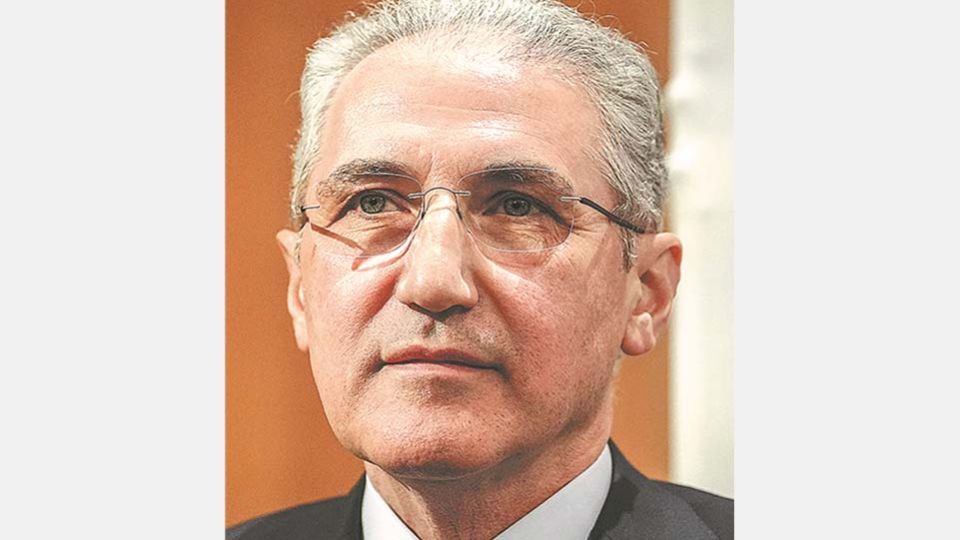August 16, 2024
BEIJING – Azerbaijan, the host of the 29th session of the Conference of the Parties to the United Nations Framework Convention on Climate Change, or COP29, has vowed to make every effort to ensure a fair and ambitious climate finance goal for developed nations.
The goal, according to Mukhtar Babayev, the COP29 president-designate, should fully take into account the needs and priorities of developing countries.
In an exclusive interview with China Daily, Babayev, who is also Azerbaijan’s minister of ecology and natural resources, expressed gratitude for China’s climate leadership and emphasized his country’s willingness to collaborate with China in addressing the concerns of developing nations during the November gathering, in which nearly 200 countries will participate.
As an active supporter of the Belt and Road Initiative, Azerbaijan sees enormous potential for collaboration with China on climate action and green technology, Babayev said.
“COP29 will be a litmus test for the Paris Agreement and global climate action and cooperation. We must address all the most fundamental and pressing issues, with climate finance as a centerpiece,” he said.
The vision of COP29 is to deliver on the outcomes of the Global Stocktake — a comprehensive assessment of the world’s progress on climate action, which concluded last year at COP28 in the United Arab Emirates — to keep the global ambition of limiting the temperature increase to 1.5 C above preindustrial levels within reach and to build on the progress, so that the convention can address the urgency and scale of the climate crisis, he noted.
The 2015 Paris Agreement aims to keep the global temperature rise in this century well below 2 C and pursue efforts to limit the increase even further to 1.5 C.
“Our plan to deliver this vision is based on two parallel and mutually reinforcing pillars of enhancing ambition and enabling action, with climate finance as our top priority,” Babayev said.
Enabling action involves putting in place the means to implement climate change measures and provide support — financial, technological and capacity building — at the national, regional and global levels for all stakeholders, he said.
The COP29 presidency aims to facilitate an agreement among parties on a fair and ambitious New Collective Quantified Goal on climate finance, he said, adding that the agreement should address the urgency and scale of the climate crisis, while also taking into account the specific needs and priorities of developing countries.
“But this is not just our priority,” he said. “The COP29 presidency has heard the voices of so many parties and communities that are counting on all of us to take this step at COP29. We must all go the extra mile together to deliver this historic milestone.”
In 2009, developed countries pledged to deliver $100 billion per year in international climate finance by 2020. The Paris treaty extended the target, requiring contributing nations to maintain the annual contribution through 2025. However, many developing nations say that the commitment was never fully honored.
Babayev said it is regrettable that the $100 billion goal was not met as scheduled, but expressed his appreciation for the Organization for Economic Cooperation and Development’s announcement that in 2022, developed countries jointly mobilized $115.9 billion for developing nations to address climate change.
“We must address the fact that climate finance is currently flowing in at an insufficient scale and in unequal directions. To meet our climate ambitions, we need reform to make finance available, affordable and accessible,” he said.
Work on climate finance should represent progression beyond previous efforts, he said, emphasizing that transparency and accessibility will be key facilitating conditions.
Babayev pledged all-out efforts on behalf of Azerbaijan to act as a bridge between developed and developing nations at COP29 to reach a consensus.
Highlighting a “deep relationship that spans centuries” between Azerbaijan and China, he said his country will work closely with China to advance the climate finance issue at COP29.
As an active supporter of the BRI, Azerbaijan sees the initiative as particularly relevant from a climate action perspective, as it “allows for and fosters international collaboration and exchanges on green innovations”, he said.
Babayev said he appreciated China’s support for Azerbaijan’s vision for COP29, and expressed gratitude toward China for urging developed countries to accelerate the implementation of their climate finance commitments made to developing nations at the G20 meetings this spring. “We will continue to work very closely with China as we move forward along these shared climate finance priorities,” he said.
China is already engaging with the international community ahead of COP29, and Azerbaijan is encouraged by positive international dialogues on climate change, including talks between the Chinese and United States climate envoys, he said.


